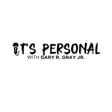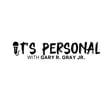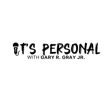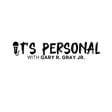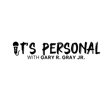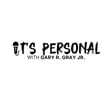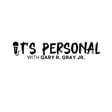
EP. 130 Luana Horry, editor at HARPER COLLINS, chats PETE THE CAT & Books and music | It's Personal
Luana Horry, a passionate SENIOR EDITOR at HARPERCOLLINS Children's Books, who is revolutionizing the world of children's literature. Born and raised in Jamaica, Queens, a hub of extraordinary talents, Luana has made it her mission to diversify the publishing industry and amplify underrepresented voices.
As a trailblazer in her field, Luana has worked on beloved titles such as "Not Quite Snow White" and "My Hair," championing stories that reflect the rich diversity of our world. Her unwavering dedication to inclusive content has transformed the landscape of children's books, ensuring that every child can see themselves reflected in the pages they read.
Luana's vision extends beyond just representation - she aspires to empower Black authors to explore a wide range of genres, moving beyond the confines of trauma-focused narratives. By cultivating diverse and innovative storytelling, she aims to inspire young readers and foster a deeper understanding of the human experience. With collaborations that span from Pete the Cat to renowned figures like Dwayne Wade and LeBron James, Luana's impact on the publishing world is undeniable.
Listen to audio versions here:
Apple: https://itunes.apple.com/ca/podcast/the-grayarea-podcast/id1433551931?mt=2
Spotify: https://open.spotify.com/show/2f3XyNgnVLk0rqEeebK57y?si=CDLYL6_iRMeGNQaxC7pmAA
Zencastr: https://zencastr.com/It-s-Personal-Podcast
Soundcloud: https://shorturl.at/xamld
